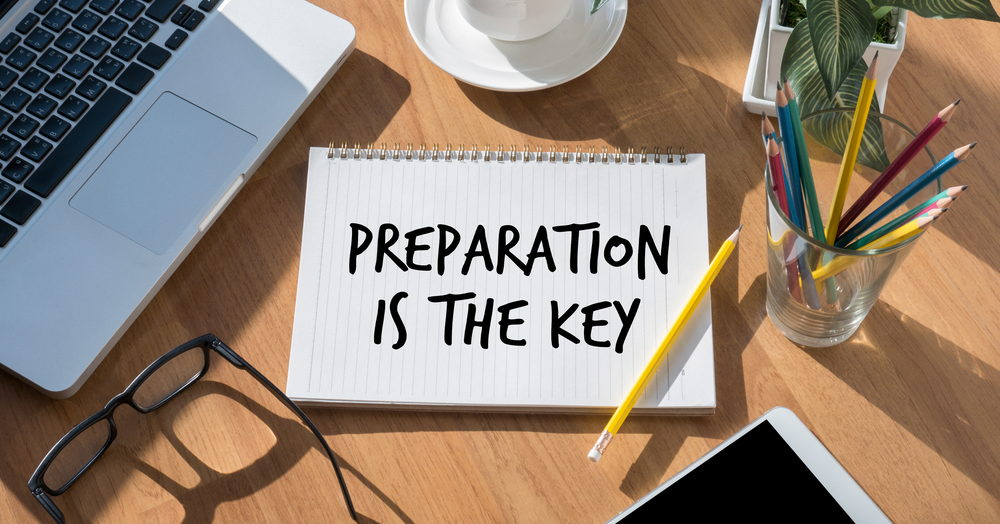
Top tips on preparing for a mortgage appointment
The thought of finding a mortgage can seem daunting – especially if it’s the first time you’ve done it – so we’ve come up with a few top tips to help you prepare for a mortgage appointment and set you on your journey to buying a new home.
-
Think ahead – and get your finances in order
Think about your monthly outgoings. It could affect your chances of being offered a mortgage if the lender thinks they are excessive. Cut out any luxury spending or review items that you could really do without – from monthly magazine subscriptions, spa treatments or even gym memberships you never use.
Start keeping a record of your spending as you’ll need detailed information when you apply for a mortgage - as detailed below(*).
-
Improve your credit rating
Check to see what monthly payments you are committed to and if you could reduce them. To improve your credit rating, think about setting up direct debits on any regular outgoings such as credit cards and utility bills. Make sure you are on the electoral roll too, as this is key to helping lenders when conducting checks like this.
-
Think about saving
As well as your deposit and monthly mortgage payments you’ll also have to consider the additional costs of owning a property so now might be the time to start either saving or getting used to having additional expenses coming out of your bank account each month.
You could set up a savings account that restricts access to savings – it’s great as a way to stop you spending and also helps to make you more aware about what you spend your money on.
Review your bank account regularly and try to identify if there are high costs associated with items such as food, clothing or entertainment - try to make savings where you can.
-
Book a mortgage appointment as soon as possible
It’s important to book a mortgage appointment - even before you’ve seen a property you want to buy – because gaining final lender approval to a loan can take several weeks.
As part of this, consider going to a company who can offer professional mortgage advice and who have access to a range of mortgage deals. Going direct to the mortgage lender itself might cost you.
-
Be prepared
In advance of the appointment you’ll also need to gather together a whole range of documents (*) to support your mortgage application as well as an array of other information.
You might need:
-
Proof of identity- Form of identity (eg. passport or driving licence)
-
Proof of income
-
Employers’ details for the last 3 years (name, address, telephone number and dates you were employed there)
-
13 weeks’ or 3 months’ payslips
-
Latest P60 (usually issued by your employer in April/May)
-
Last 2 years’ copies of SA302s/audited accounts (if self-employed)
-
Bank statements (latest 3 months)
-
Your latest annual mortgage statement
-
Details of existing outgoings including details of other loan commitments
-
Proof of address- Your full address history (to cover at least the last 3-5 years)
-
Proof of residency (eg. utility bill or bank statement, dated in last 3 months)
-
Proof of deposit
-
Details of all existing personal and mortgage related insurance
-
Employment benefits (eg. sick pay, pensions)
-
New property details
-
Think about the future
It might help you in deciding what kind of mortgage you need. Consider how long you might want to live in the property you are mortgaging or if you’d be looking to find another mortgage on another property in a few years’ time.
Think also about how you’d like to budget for your mortgage – a fixed amount each month or perhaps one that offers variable amounts each month – and, of course, don’t forget about Government Schemes which you may be eligible for.
All in all securing a mortgage can seem daunting but with a bit of forward planning, you could soon be one step closer to buying the property you’re dreaming of.